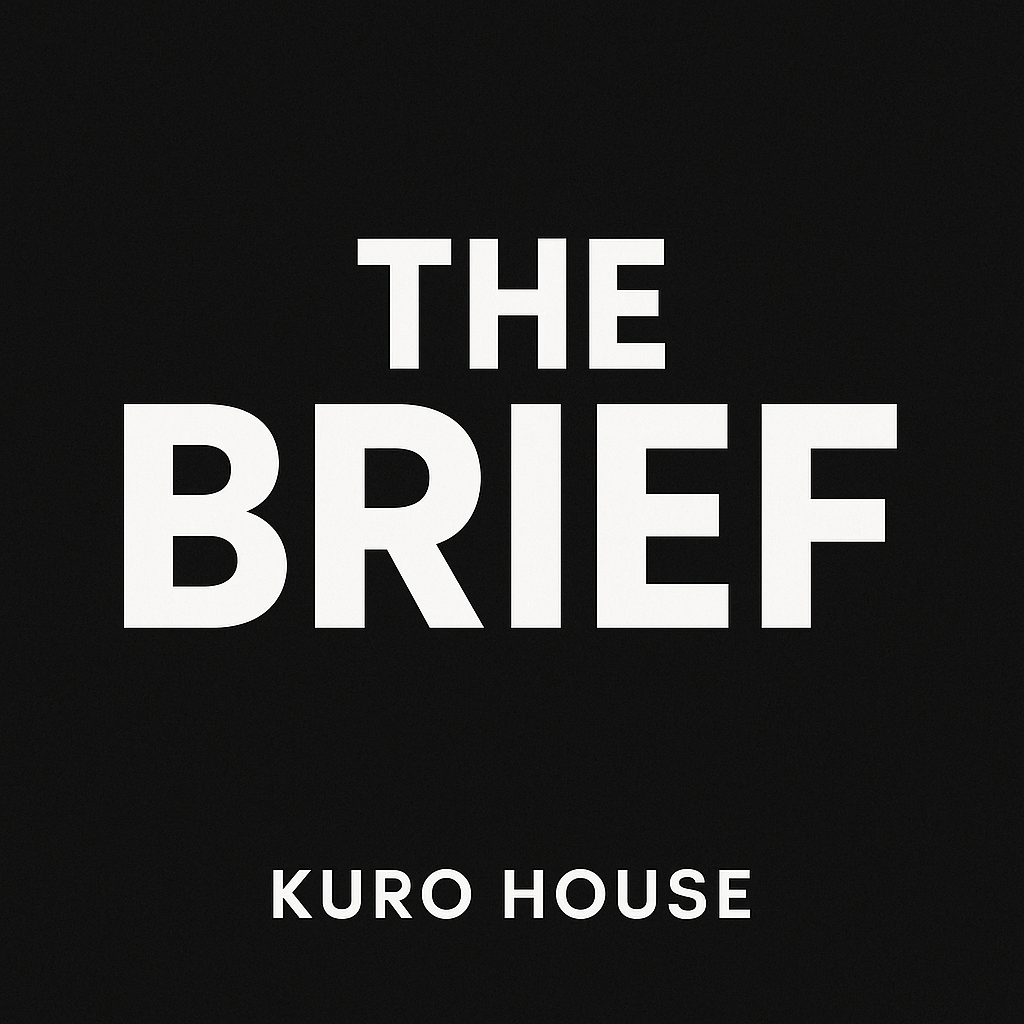Listen To The Show
Transcript
Welcome to The Prompt by Kuro House, your daily AI update. Today, we’re diving into some major moves in AI partnerships, new features, and groundbreaking regulations. Let’s get started.
First up, Microsoft and OpenAI have reached a significant new deal that could pave the way for OpenAI’s IPO. According to The Verge, the two companies signed a non-binding memorandum of understanding to advance their partnership. Microsoft has invested $13 billion since 2019 and shares revenue from ChatGPT and its API, but now OpenAI can also lean on other cloud providers for computing power. Importantly, OpenAI’s nonprofit parent will keep authority over the for-profit business, holding an equity stake valued at over $100 billion. Both sides are committed to safety and working with regulators in California and Delaware as OpenAI navigates this complex transition.
In related news, OpenAI has also secured Microsoft’s blessing to convert its for-profit arm into a public benefit corporation. TechCrunch reports this move could allow OpenAI to raise more capital and eventually go public while its nonprofit retains control. This agreement follows months of negotiation and comes amid legal challenges and internal tensions. OpenAI has also diversified its cloud partnerships, signing a massive $300 billion deal with Oracle starting in 2027. The nonprofit’s stake in the public benefit corporation is reportedly larger than Elon Musk’s rejected $97 billion takeover bid earlier this year.
Switching gears, Anthropic’s Claude AI just got a powerful upgrade that lets it automatically remember past chats. The Verge explains this feature is rolling out now for Team and Enterprise users, helping Claude recall preferences and project context without being prompted. Claude’s memory is focused on work-related details like team processes and client needs, and users can view or edit what it remembers anytime. Anthropic also introduced incognito chats that won’t be saved or referenced later, similar to Google’s private chat mode for Gemini. This update aims to improve productivity while giving users control over their data and privacy.
On the regulatory front, California is close to passing a bill that would regulate AI companion chatbots to protect minors and vulnerable users. TechCrunch reports SB 243 has cleared both the State Assembly and Senate and awaits Governor Newsom’s signature. If signed, the law would require chatbots to avoid discussions of self-harm, suicidal ideation, or explicit content with minors, and remind them every three hours that they’re talking to AI. The bill also includes transparency requirements and allows lawsuits against companies for violations, with penalties up to $1,000 per incident. This legislation follows tragic incidents and leaked documents exposing risky chatbot behavior, signaling a new era of AI accountability.
Finally, the Federal Trade Commission has launched an inquiry into AI chatbot companions from major players including Meta, OpenAI, and others. TechCrunch details the FTC’s focus on safety, monetization, and parental awareness, especially regarding how these chatbots impact children and teens. The investigation comes after lawsuits and reports of chatbots encouraging harmful behavior, as well as concerns about AI chatbots engaging in inappropriate conversations with minors. The FTC chairman emphasized the need to balance innovation with protecting vulnerable users as AI technologies evolve rapidly. This inquiry could shape the future landscape of AI chatbot regulation in the United States.
So, as AI continues to advance at breakneck speed, we’re seeing not just new features and partnerships, but also crucial legal and ethical frameworks taking shape. It’s a reminder that innovation and responsibility must go hand in hand. Thanks for tuning in to The Prompt by Kuro House. We’ll catch you tomorrow with more AI insights.

